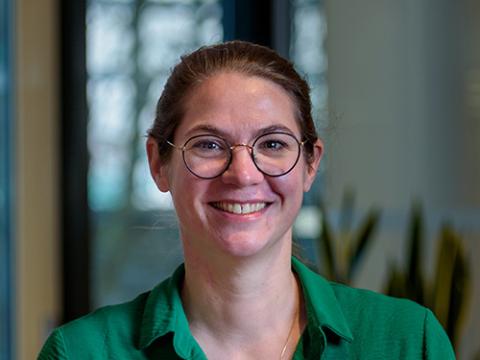Contact information for researchers and applicants

Grant Management Team
If you have any questions, please contact our Grant Management Team. They are happy to help you with the administrational procedures regarding your grant application or current research project. They can also refer you to one of our Science Liaisons who supervise our research projects by research theme.
- T: +31 20 - 570 04 50
- KWF Helpdesk
Science Liaison Team
Jasmijn Span, MSc - Basic Research
Scientific research aimed at obtaining insight into the origin and progression of cancer, its (psychosocial) effects, as well as basic principles of prevention and treatment of cancer and relevant technological developments. Basic research does not directly focus on the possible application of this knowledge.
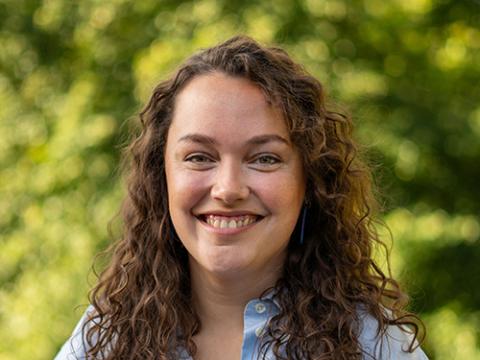
Jet Segeren, PhD - Basic Research
Scientific research aimed at obtaining insight into the origin and progression of cancer, its (psychosocial) effects, as well as basic principles of prevention and treatment of cancer and relevant technological developments. Basic research does not directly focus on the possible application of this knowledge.
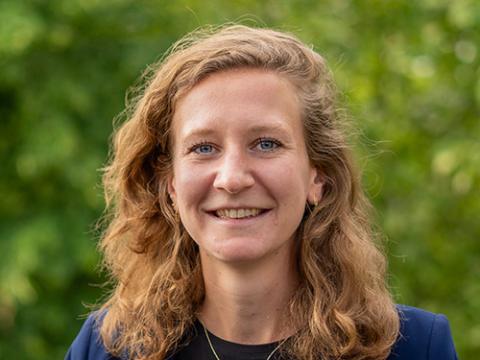
Marion Scharpfenecker, PhD - Biomarkers
Biomarkers are characteristics that are objectively measured and evaluated as an indicator for cancer risk, the presence of a specific cancer or recurrent cancer, the stage or severity of a specific cancer, and how well the patient responds to therapeutic intervention(s).
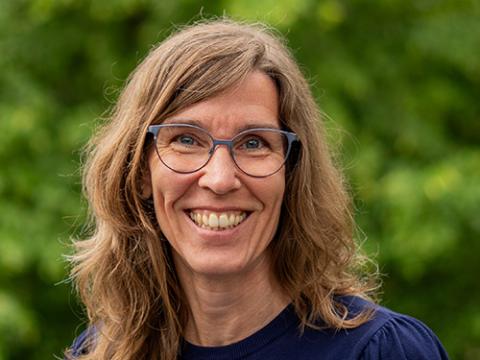
Maud Plantinga, PhD - Biomarkers
Biomarkers are characteristics that are objectively measured and evaluated as an indicator for cancer risk, the presence of a specific cancer or recurrent cancer, the stage or severity of a specific cancer, and how well the patient responds to therapeutic intervention(s).
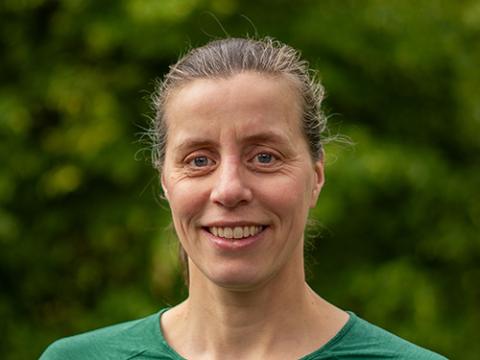
Bram ter Ellen, PhD - Biomarkers
Biomarkers are characteristics that are objectively measured and evaluated as an indicator for cancer risk, the presence of a specific cancer or recurrent cancer, the stage or severity of a specific cancer, and how well the patient responds to therapeutic intervention(s).
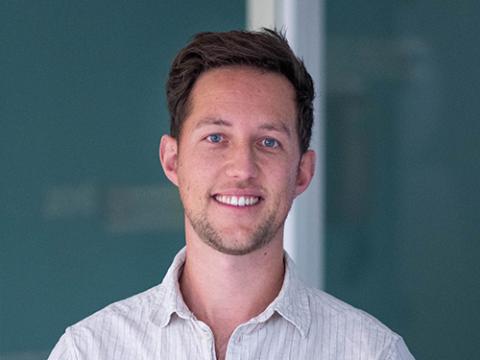
Sigrid Oomen, PhD - Interventive Devices
Treatment instruments to prevent or treat local-regional sites of cancer or precancerous lesions. The modalities may be delivered non-invasively (e.g. radiation therapy), minimally invasively (e.g.cryoablation, hyperthermia) or by open surgery (invasive).
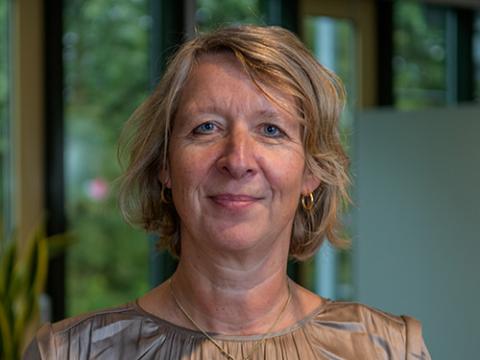
Carrie Wismans, MSc - Imaging
Scientific research into imaging includes various types of techniques to obtain detailed pictures of areas inside the body, such as magnetic fields (MRI), X-rays (CT), ultrasound (echography) and radioactive substances (PET) for functional imaging. Imaging is used to detect early stage cancer, diagnose disease, plan treatment or assess therapeutic response.

Kevin Kos, PhD - Immunotherapy
Immunotherapy is a cancer treatment that helps the patient’s own immune system to recognize and destroy cancer. Examples are monoclonal antibodies (drugs that counteract immune suppression or mark cancer cells for destruction), cytokines (small proteins that regulate immune responses) and therapeutic vaccines.
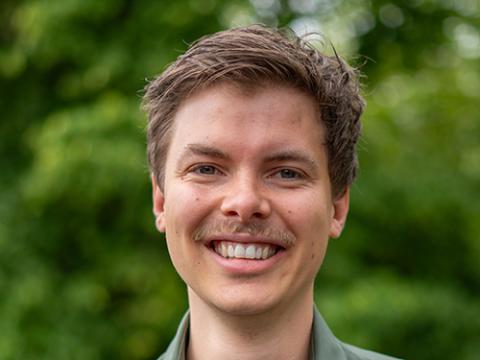
Esther Dalhuisen - Suurland, MSc - Cell & Gene Therapy
Cell therapy is the transfer of living cells into a patient to treat cancer. It usually involves immune cells that can recognize and destroy cancer cells (e.g. tumor infiltrating lymphocytes). Gene therapy includes genetically modified cells (e.g. CAR T-cell therapy), or other medicinal products such as genetically modified oncolytic viruses, that are engineered to destroy cancer cells.
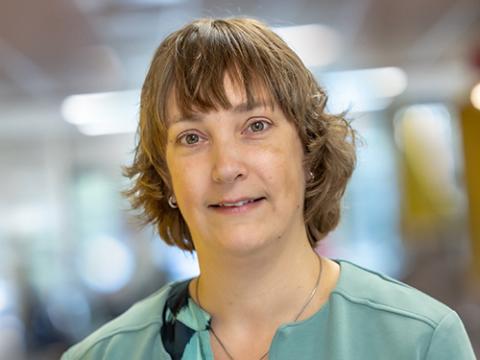
Jozefien de Groot, MSc - Clinical Trials
Clinical trials are research studies performed in people to find out if new diagnostic methods and treatments are safe and effective. KWF supports researchers in conducting their trials and disseminating and implementing their results.
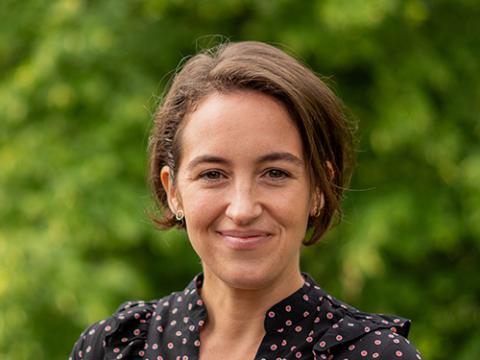
Kim Elsink, MSc - Infrastructure
Infrastructural initiatives provide services, resources and networks to support cancer research. These initiatives enable the research community to address specific research questions and thereby help accelerate and/or optimise the exploitation of results to the patients and public.
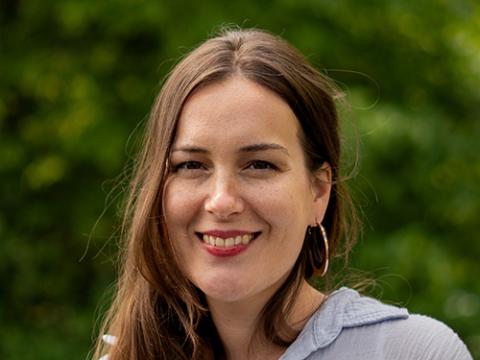
Tessa Nauta, PhD - Agents
Drugs or biologicals used to prevent or inhibit the proliferation of cancerous cells. Examples of agents are small molecules, therapeutic enzymes and hormones.
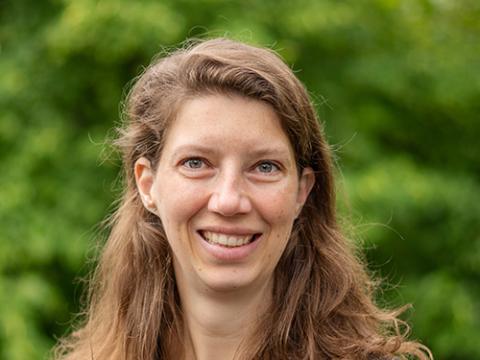
Carlijn Bruggeling, PhD - Lifestyle and Exposure
Lifestyle & Exposure is the influence of behaviour or exposure to exogenous factors on the development, recurrence, aggravation or prevention of (side effects of) cancer (treatment).

Fiona Heeman, PhD - Quality of Life & Care
Quality of life encompasses all aspects of well-being, including functional, social, societal, psychological, emotional and existential problems in (ex)patients and their caregivers. Quality of care is aimed at providing the most appropriate oncological care according to the needs of each individual patient, developing and implementing national best practice guidelines and improving healthcare communication.
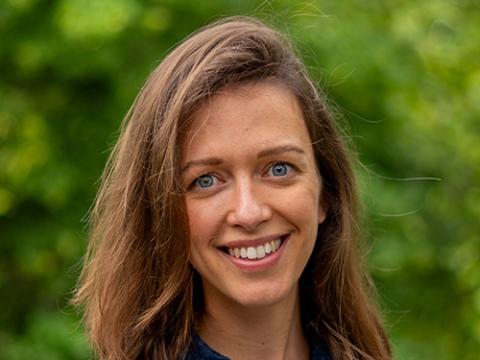
Anneloes Bork, MA - Palliative Care
Palliative Care focuses on the quality of life of patients and their loved ones who are dealing with life-threatening, late stage disease. It prevents and relieves suffering through early identification and treatment of pain and other problems, whether physical, psychosocial or spiritual.
